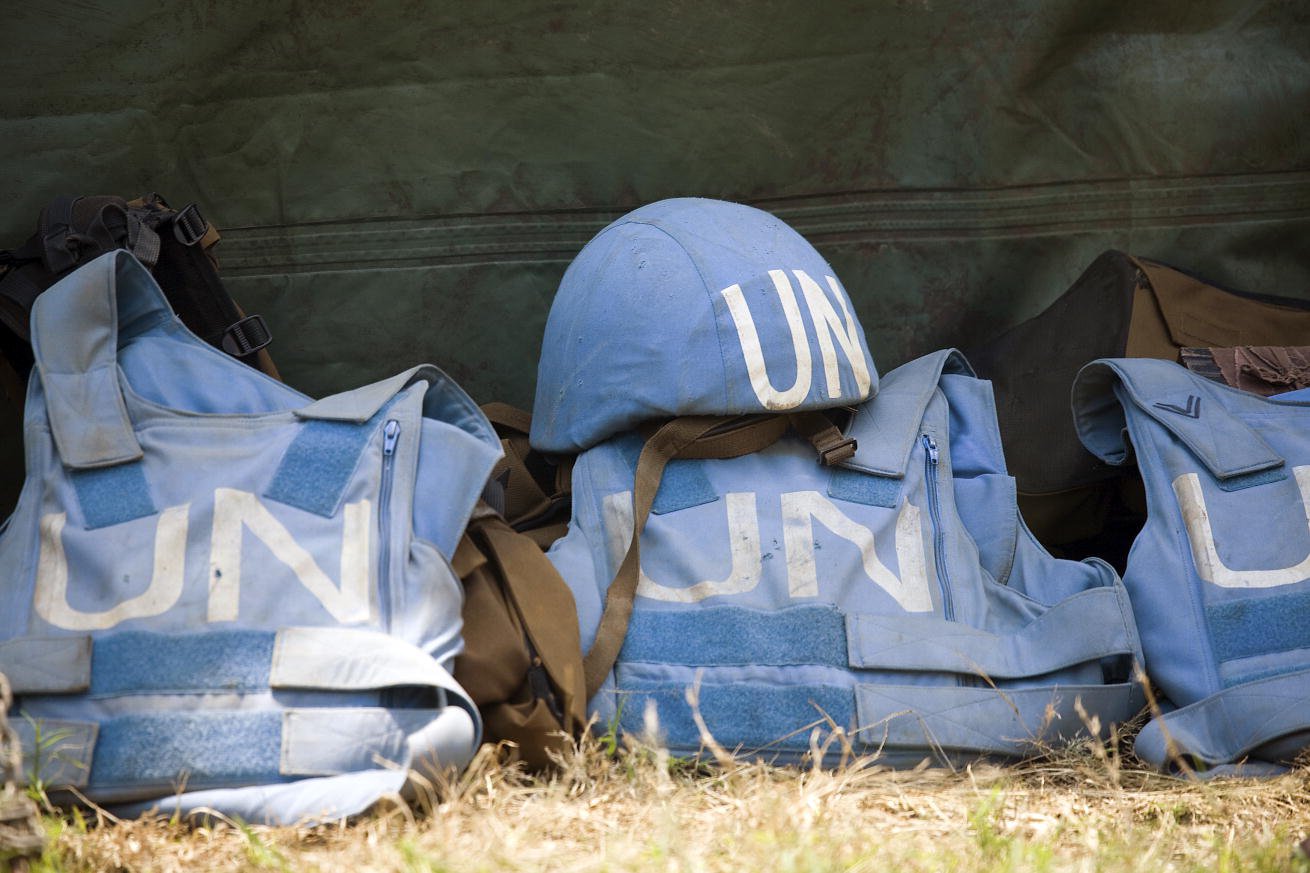Set against a global context of rising violent conflict and the changing nature of conflict driven by a broad range of factors, including a wider spectrum of involved parties, this report considers lessons drawn from key literature on recent peace processes and multilateral settlements, and international donor support to such mechanisms.
Key lessons:
• Multipolarity matters: Process design should acknowledge multiple vested interests across the full range of locally, regionally and internationally involved actors. Without doing so, it risks fomenting resurgent instability and undermining the legitimacy of post-accord states. International mediators must cooperate to prevent ‘forum shopping’.
• Processes must consider sequencing, flexibility and inclusivity: Trade-offs are necessary in establishing which issues will be brought to the negotiating table, the order in which key issues are considered during negotiations and the extent to which donors are willing to support effective compromise. Whilst ensuring that armed groups are represented in dispute resolution mechanisms, criteria for invitation must be sensitive to the need for outcomes to bear legitimacy.
• Continued support in implementation: Donor support is crucial in the time following the agreement of a peace accord. The first five years post-accord are definitive; a lack of international support to weaker states can strip away state capacity to uphold an accord, and policy positions agreed through compromise risk being weakened and non-productive. Whilst donors and international financial institutions are shifting to more conflict-sensitive approaches, finance flows in support of peace-building remain proportionally small worldwide.

